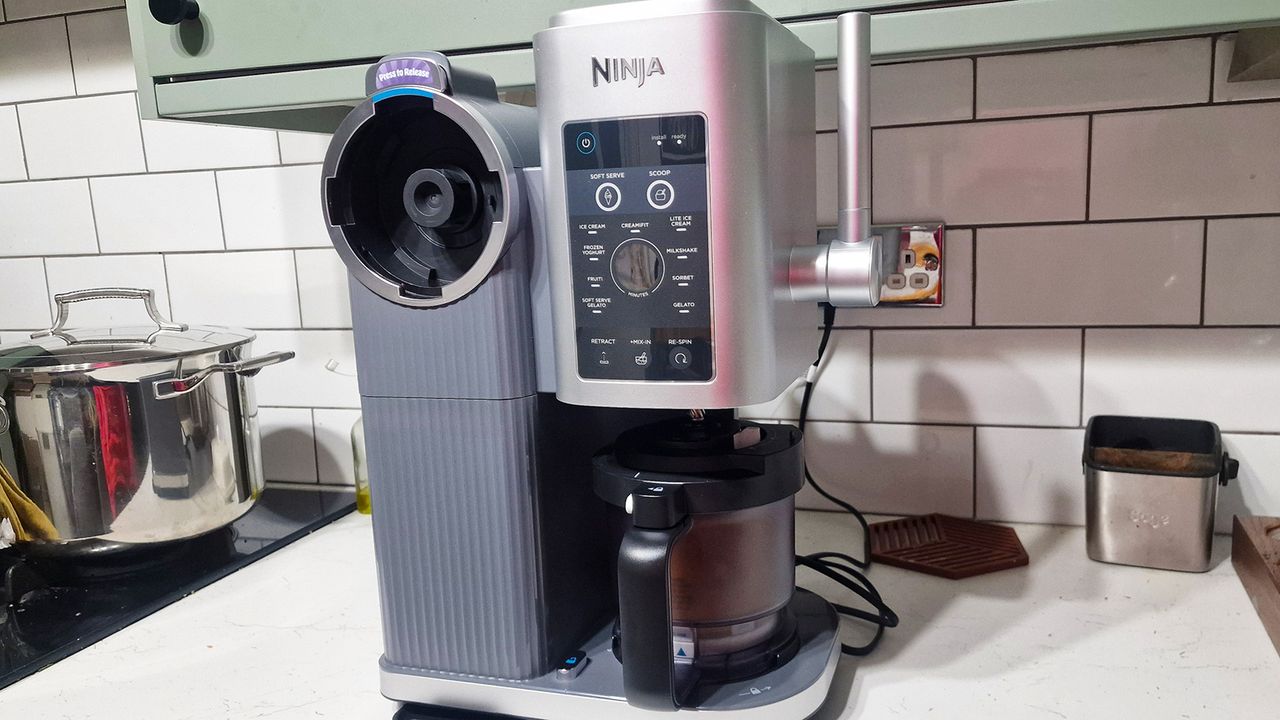
Researchers from the University of Connecticut (UConn), Johns Hopkins University, and Brown University have developed a program aimed at alleviating social isolation among older adults who are homebound. This growing health concern significantly affects the elderly population, correlating with increased risks of various health issues, including heart disease, depression, and cognitive decline. The impact of social isolation is so severe that it is estimated to be equivalent to smoking 15 cigarettes a day.
The initiative was spearheaded by Kim Gans, a professor in the Department of Human Development and Family Sciences at UConn, alongside Kali Thomas, a gerontologist and professor at Johns Hopkins University School of Nursing. Their collaborative study, published in the Journal of Applied Gerontology, evaluates a cost-effective training program designed to help meal delivery drivers recognize signs of social isolation in their clients.
As the population ages, federally funded meal delivery programs, such as Meals on Wheels, are becoming vital for addressing food insecurity and promoting socialization among seniors. In 2021, the U.S. Administration for Community Living reported that 1.5 million homebound older adults received meals through these programs.
The training program includes a video and a dedicated website to educate drivers on fostering social interactions with clients. Gans stated, “We developed a simple, inexpensive intervention that has the potential to be widely disseminated to meal delivery programs across the country to help their drivers reduce social isolation among their homebound clients.”
To tailor the program effectively, the research team conducted focus groups with meal delivery drivers in states including Mississippi, Rhode Island, Georgia, Texas, and California. Participants emphasized the prevalence of social isolation among their clients, with one driver noting, “We go to the client’s house and they’re there by themselves…You are the only folks they do see during the week.”
Despite their critical role, many drivers reported receiving minimal training on how to address isolation. One participant remarked, “This is how we were trained; we went in and said, ‘We’re interested in being drivers,’ and she said, ‘Great, let’s get your fingerprints…Come in and get your list Friday.’ I mean, that was our training.”
After incorporating feedback from the focus groups, the research team collaborated with meal delivery programs in Texas, Rhode Island, and Mississippi to recruit participants for testing the training intervention. The results were promising, showing that the video and website significantly increased drivers’ intent to identify social isolation and engage with clients socially.
A participant from Rhode Island shared, “The video helps alert viewers to the isolation experienced by those who live alone. Those who watch it can become better at recognizing the signs and doing something, even something small, to help alleviate that isolation.”
Moving forward, the project aims to secure additional support to expand the intervention nationwide. Gans expressed her hope for future funding, stating, “I hope that we can get future funding to widely disseminate this intervention and study its implementation and effectiveness with Meals on Wheels program drivers across the country.”
The implications of this project extend beyond nutrition, with potential adaptations for other occupations serving homebound older adults, such as oxygen delivery services and home health aides. Gans, who specializes in designing practical interventions, is also collaborating with Caitlin Caspi, the associate director of UConn’s Institute for Collaboration on Health, Intervention, and Policy (InCHIP), to evaluate innovative solutions being implemented by Meals on Wheels of Rhode Island to enhance their programming.
Additionally, Gans, Thomas, and their colleagues recently published a study protocol in BMC Public Health for a randomized controlled trial. This study will assess the impact of integrating community health worker coaching calls and healthy grocery bag deliveries into the home-delivered meal program, aiming to improve diet quality, nutrition, and overall quality of life for homebound older adults.
For further information, refer to the following studies: Jennifer N. Bunker et al, “Developing and Testing Training Resources to Improve Social Connectedness With Homebound Older Adults Who Receive Home-Delivered Meals,” Journal of Applied Gerontology (2024). DOI: 10.1177/07334648241306176 and Isabelli L. Costa da Silva et al, “A study protocol for a randomized controlled trial evaluating the impact of adding community health worker coaching calls and healthy grocery bag deliveries to a Meals on Wheels home-delivered meal program for homebound older adults in Rhode Island,” BMC Public Health (2025). DOI: 10.1186/s12889-025-24080-6







